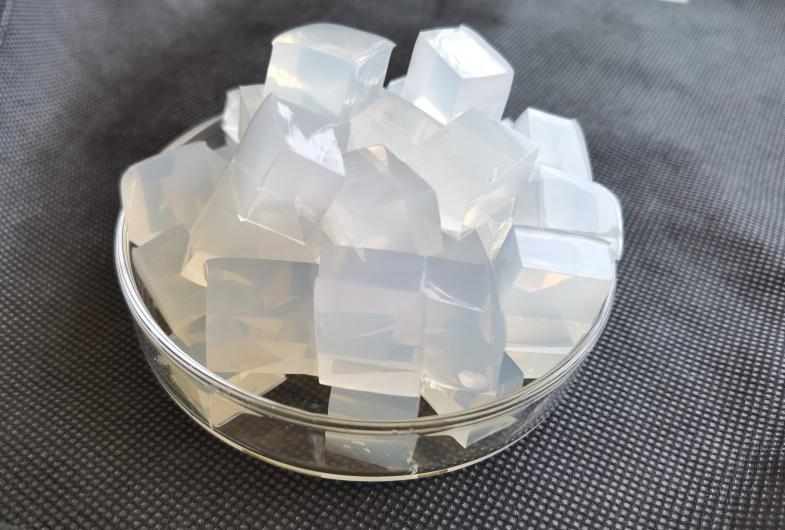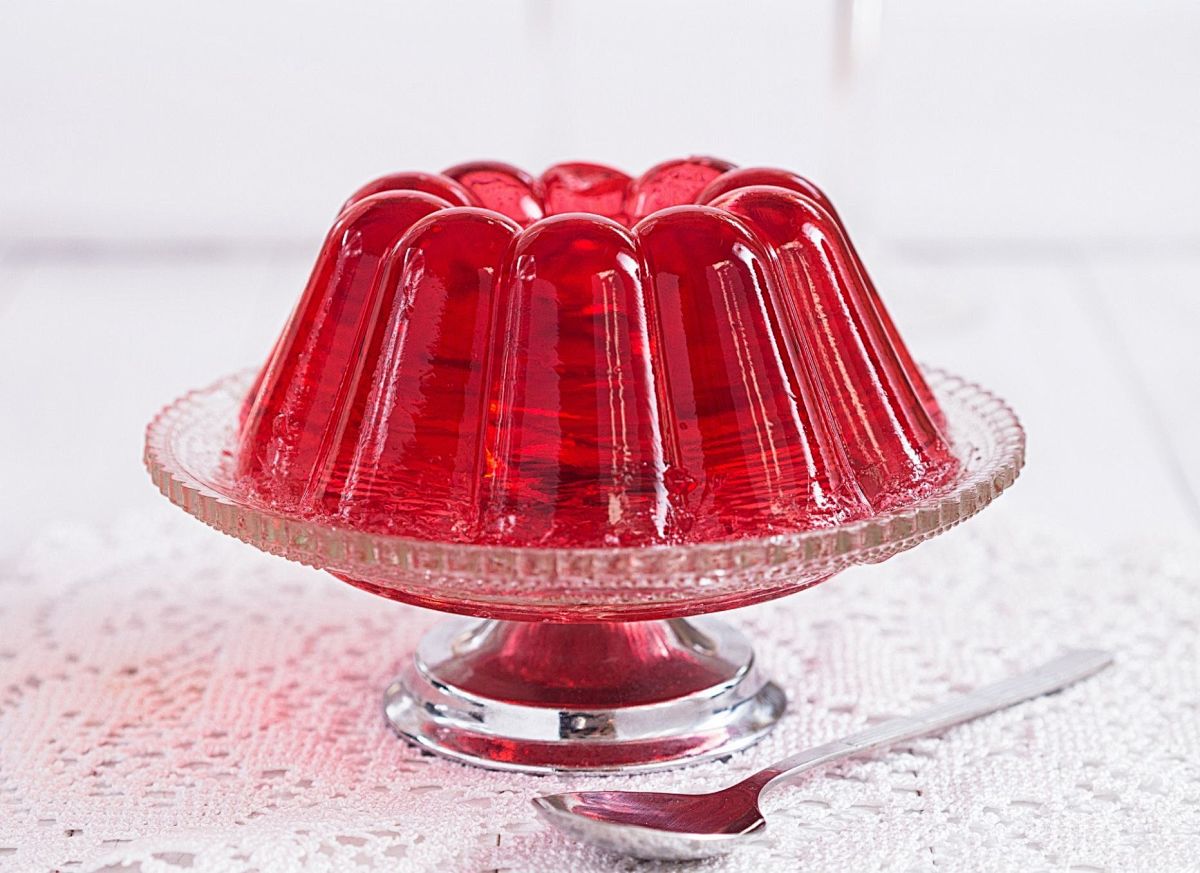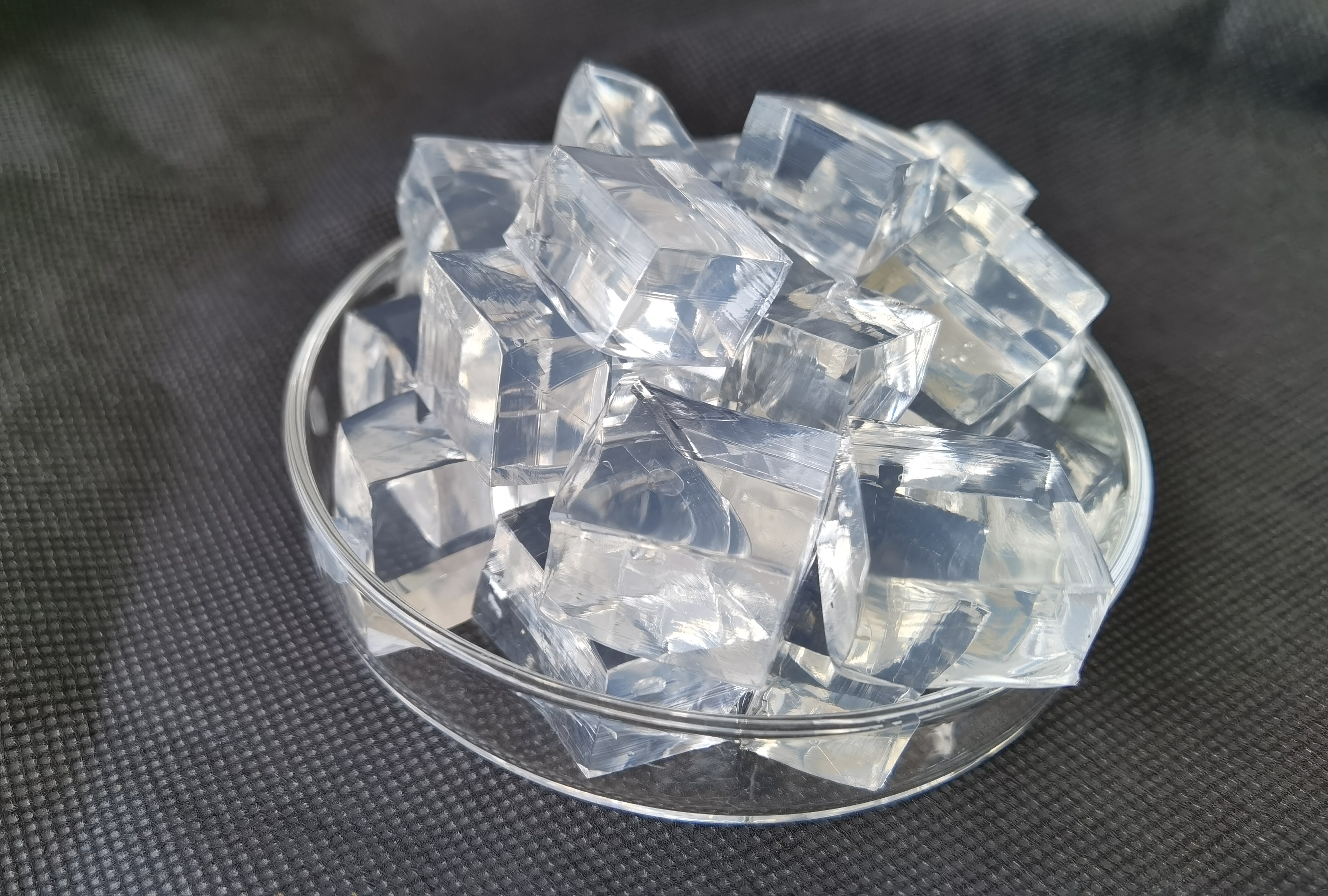International search engine for Technology for Meat and Alternative Proteins
Status: Exhibitors of IFFA 2025
Description
Agar, also known as "kanten" or "Japanese isinglass," is a substance with an interesting origin story. It is said that in the 17th century, in a small fishing village in Japan, a fisherman was cooking a hot seaweed soup at home on a bitterly cold day. Accidentally, he overcooked the seaweed soup, and it turned into a "jelly-like" substance. Not knowing what to do with it, he discarded it outside. To his surprise, the next morning, the discarded seaweed soup had transformed into a semi-transparent solid. The fisherman brought this material back inside, added water, and it turned back into jelly. This marked the first recorded discovery of agar. Because it was formed naturally through freezing and dehydration in the cold winter, it was named "kanten," which means "cold sky" in Japanese. This primitive method of making agar through natural freezing was later refined, leading to the widespread production of agar.
In 1859, the French chemist Anselme Payen conducted the first chemical analysis of agar, obtaining it from the red seaweed, Gracilaria. From the late 19th century, agar began to be used as a solid culture medium for various microorganisms.
In 1882, German microbiologist Walther Hesse, on the suggestion of his wife Fanny Hesse, first described the use of agar for microbiology in Robert Koch's laboratory. Agar rapidly replaced gelatin as the foundation of microbial culture media because it has a higher melting temperature, allowing microorganisms to grow at higher temperatures without liquefying the medium.
With its new applications in microbiology, the production of agar rapidly increased, and Japan produced most of the world's agar before the Second World War.
Zhenpai began researching and producing agar (also known as "kanten" or "Japanese isinglass") in 1985. It was one of the earliest companies in China to engage in industrial agar production.







